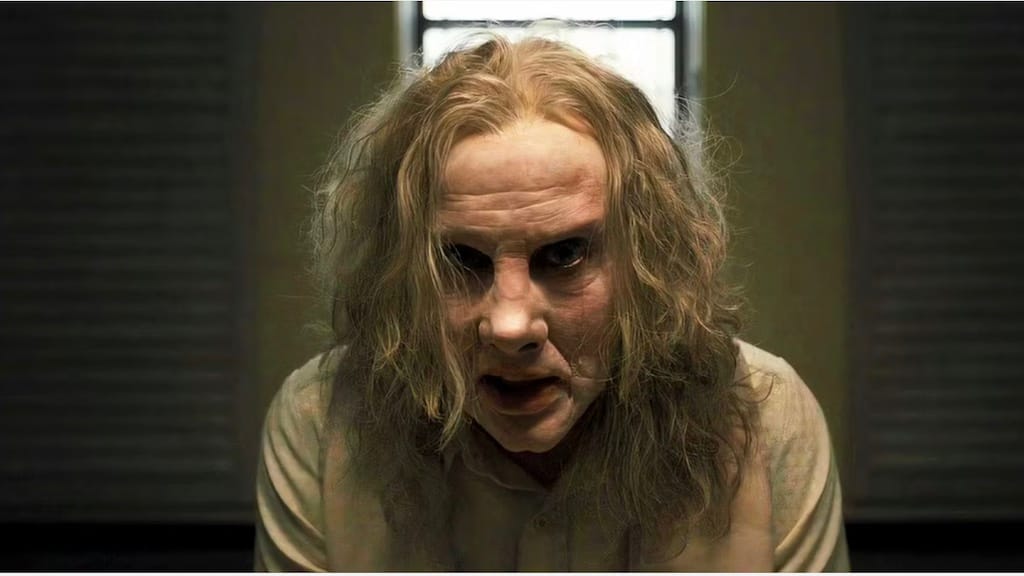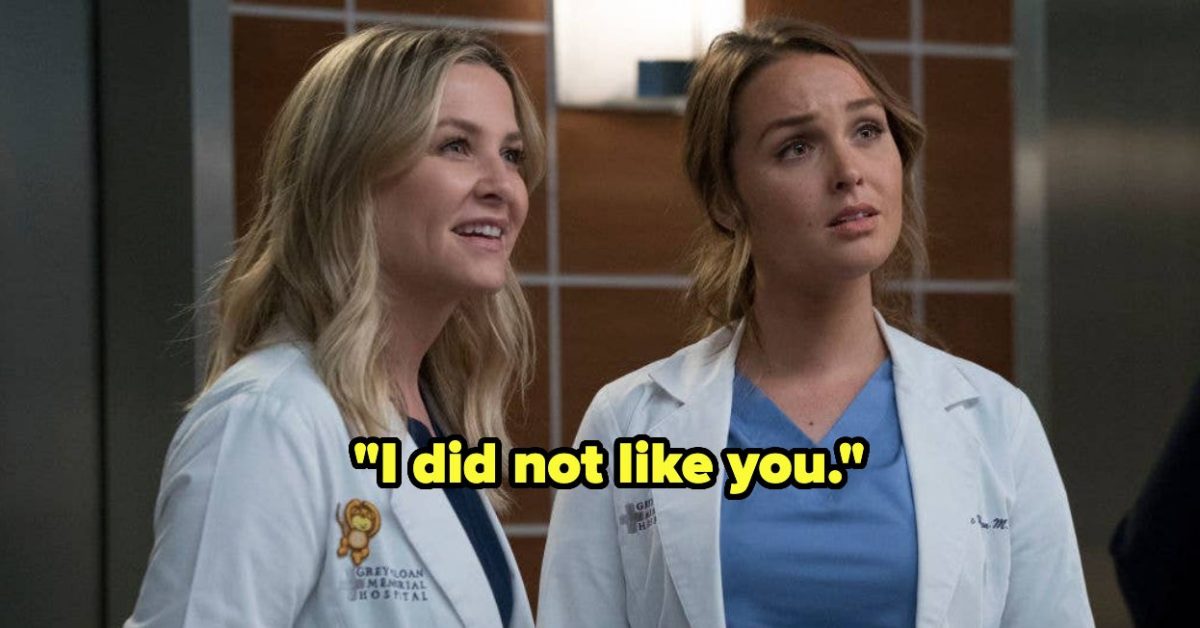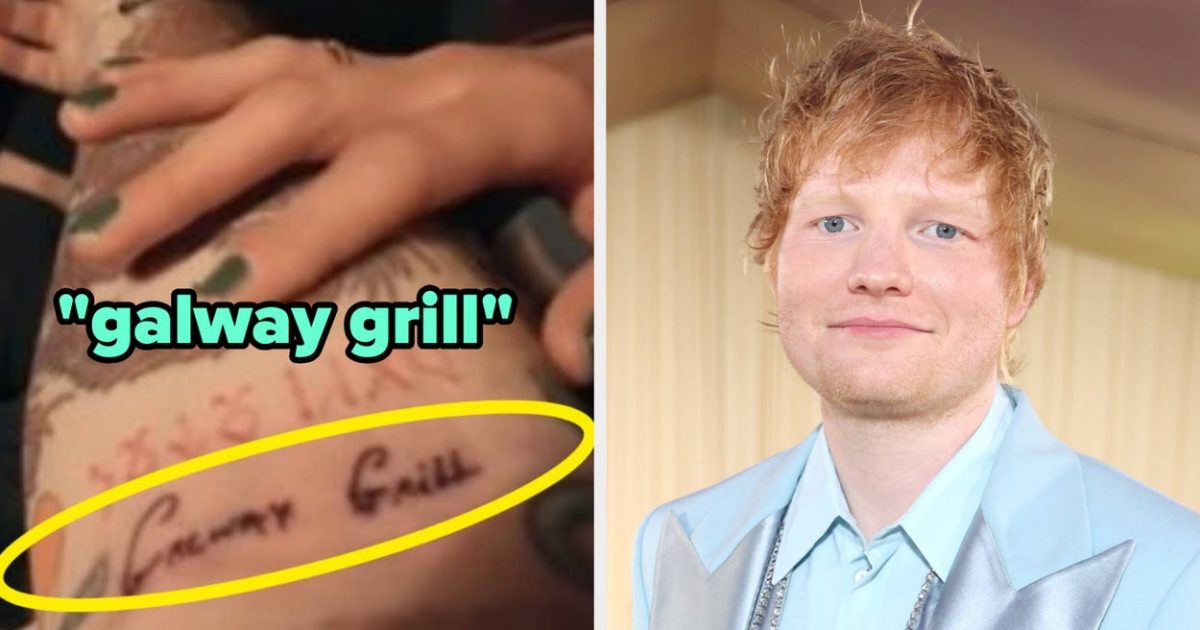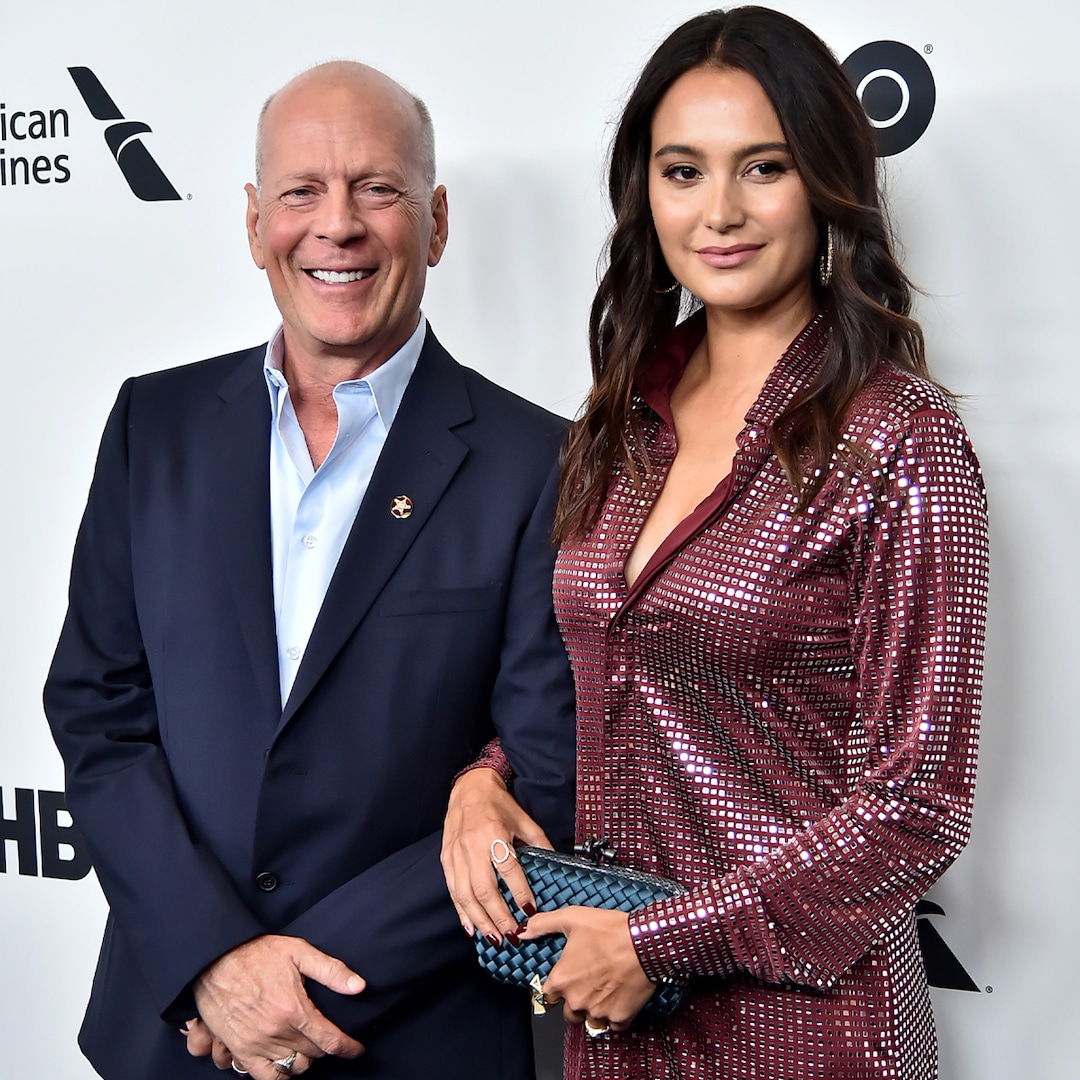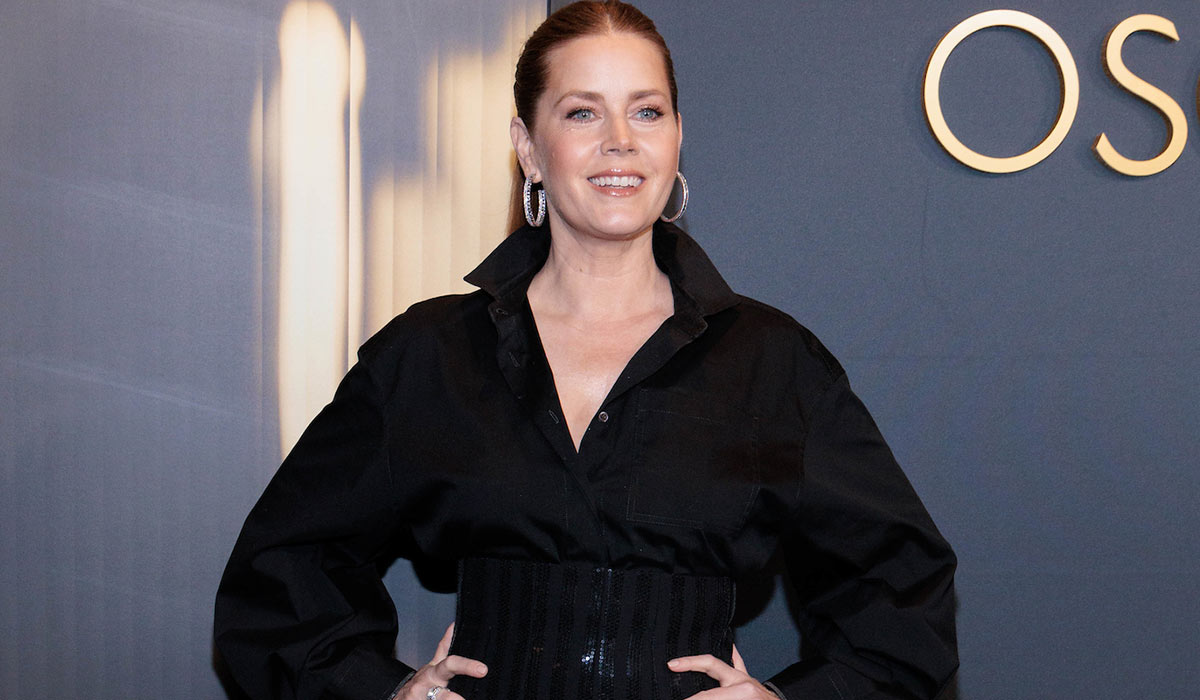
Amy Adams Knows The Secret Of ‘Nightbitch’ And Isn’t Telling
Dec 7, 2024
So there is good news, and there is bad news. For everyone who is rooting for Amy Adams to finally win that Oscar statue after seven nominations, chances are that won’t happen anytime soon. The better news is that her new Marielle Heller dramedy “Nightbitch” marks a return to the challenging and intriguing roles Adams hasn’t been offered in years. And perhaps that’s because she’s also a producer on the project.
READ MORE: ‘Nightbitch’ Review: Amy Adams gives a committed performance in Marielle Heller’s cathartic look at Motherhood [TIFF]
Adapted from Rachel Yoder’s 2021 novel, “Nightbitch” centers on a woman who has decided to step away from her art career to be a stay-at-home mom to raise her young son. As the toddler years begin to weigh on her, she begins to think she’s transforming into a dog. The movie leaves the answer on whether she actually is turning into a feline up to the audience. Adams has her own thoughts on the scenario but is purposefully keeping it to herself.
The “Arrival” star had to deal work with animals throughout her career, but she’s never had to deal with so many dogs in crowded scenes. During one particular moment, one of her shaggy co-stars was not prepared for her…artistic choices.
“Oh, one of the dogs was never cool with me again,” Adams says, laughing. “I think he was there, and he was used in large scenes, but he wasn’t cool with me after that. He did not trust me. The scene right before they sort of sniff me and then jump at me, and seemed sort of in a dream state, they had trained the dogs to do everything, but one of the trainers was doing the stuff, so she was giving them instructions and talking really nicely and in very specific tones. And then when I came [on the set] and I’m walking like a dream zombie and staring at them. I mean, for them, I’m sure the expression was very confusing, and one of the dogs was like, ‘Yeah, no, not cool with that.’ And kind of got them all going, and they all sort of came at me.”
Over the course of our conversation, Adams discusses the appeal of Yoder’s at the time unpublished manuscript, her collaboration with Heller, the divide between male and female critics over the movie, and more.
This interview has been edited for length and clarity.
_____
The Playlist: You get Rachel Yoder’s manuscript. What about it spoke to you? What passage did you read that said, “Yes, I want to turn this into a movie”?
Amy Adams: Honestly, I think the first thing was the first sort of internal monologue she had about her husband, and I just thought, this is such an interesting perspective of not only motherhood when I saw its potential to be more than exclusively about an experience of motherhood, but really community and relationship. And then it just kept building on that when we bring in the community of friends and then the transformations. It just was such a unique perspective and a totally unique narrative that had a tonal quality that I hadn’t read before.
There are surreal elements in both the film and the book. Was the idea to always have the possibility your character is really turning into a real dog open to the viewer’s interpretation?
I mean, I think Mari and I always sort of expressed it as interpretive. I mean, I know what I believe, but I don’t ever want to share that. But I think that that’s what was exciting about it and kind of gave us permission to sort of fly with it is this idea that it could be so interpretive based on the viewer and sort of what they were getting out of it.
But when you shot it in your mind, you picked a choice whether it was real or not.
I picked a choice about what she believed.
O.K. I like that answer.
Well, I can only live the experience of her, of my character,
Exactly. I was at the world premiere at TIFF and the moderator proposed a great question to Marielle, “Why are there not more movies about female rage?” I’m curious what your opinion is on that. Why do you think these conversations don’t happen more in film or even television or streaming?
I think I’ll give you the same answer. I don’t know why. I mean, I think it’s not always a comfortable conversation, and I think that a lot of us are sort of raised to create comfort for others and deny self, and I think that’s kind of what night bit shows is kind of what happens or what can happen when you deny self. But I mean, I am sure it’s just a multilayered answer on that one, but I do think that part of it is that it can be uncomfortable to confront uncomfortable realities.
You are also a producer on this project. Was it harder to get made than you thought it might be?
No, Annapurna brought it to me. They were always really, really invested in it. And then Mari just delivered the script. I mean, what I read and what we filmed is nearly identical, and so it’s kind of amazing. She really had a really strong point of view, a really strong take on tone. She’s just so good with combining genre and tone, and sort of, it’s outside of the norm in a way, and in the narrative and the perspective, and even in the techniques at time. I like that she breaks the fourth wall, and it allows her to sort of think her thoughts out loud, and often Mari would be like, “O.K., we might do voiceover or we might use you speaking out loud.” So, some of the stuff where I’m really at camera, she had me do it in voiceover and then do one take with just the thoughts, and then she’d have me do a take with the words speaking them out loud in a conversation with herself.
Before you made this film, would you consider yourself a cat person or a dog person?
Both. I mean, don’t get me wrong, I love cats. Love cats. But I live in an area with a lot of coyotes, and I’m terrified. So I’m mostly a dog person, but I do love cats. But I’m a dog person, but not exclusively a dog person. Yeah.
Can you convey how difficult it was to shoot scenes with so many dogs in this film? Or was it also easier than we’d expect?
No, no, no. [Laughs.] I think it’s funny, and it’s a fair question. I’ve said this before, so forgive me if this is repeated, that it feels a little like having a child where I’m like, “It was fine. You kind of forget the pain of birth.” So I’m trying to remember actually being on set and it being a struggle because now, looking back it’s so cool. The dogs were awesome, and the kids were awesome, but they really were, I mean, it just kept you so present, and everything was so immediate, but it just takes a lot of focus and a lot of patience and a lot of flexibility between the dogs and the toddlers. You never know what you’re going to get in any given take, but that can also make it very alive and bring a sort of play to the experience and to the acting. So, it was a lot of play, a lot of finding it in the moment.
Correct me if I’m wrong, but there was one scene where the dogs did not react as they were supposed to.
Oh, one of the dogs was never cool with me again. [Laughs.] I think he was there, and he was used in large scenes, but he wasn’t cool with me after that. He did not trust me. The scene right before they sort of sniff me and then jump at me, and seemed sort of in a dream state, they had trained the dogs to do everything, but one of the trainers was doing the stuff, so she was giving them instructions and talking really nicely and in very specific tones. And then when I came [on the set] and I’m walking like a dream zombie and staring at them. I mean, for them, I’m sure the expression was very confusing, and one of the dogs was like, “Yeah, no, not cool with that.” And kind of got them all going, and they all sort of came at me.
Were you scared at all during that moment?
No, I don’t think I was. I knew there was trainers around. I mean, I definitely took a bear in the wilderness pose, but I wasn’t really scared. I knew we had trainers and the dogs were lovely. I think they were just sort of forgot their direction and were sort of then just like, we’re free. She’s not doing what she’s supposed to do, and now we’re not going to do what we’re supposed to do.
Exactly.
I didn’t feel like they were coming after me. They just were free. No,
One last question for you. Is not surprising, the reaction to the film has sort of been interesting or along gender lines, which is maybe the best thing you could say about the film. Maybe that’s a good thing, if that has surprised you and in the long term, is that maybe actually a good thing?
I’m curious what the actual divide is about. I mean, do you have an example?
Oh, sure, it seems that from a bird’s eye view, more male critics did not respond to the movie in the same as many female critics did.
O.K. O.K., got it.
It was almost predictable in a way.
I mean, think the thing about that is I think that this movie represents more than just a female or male perspective, and I think that it’s an important perspective, and I would hope that I audience, no matter what their response, would at least have a conversation, an open conversation about the subjects that are brought up in the film. So, if it triggers someone in a way to speak negatively about it, just talk to someone with an opposing viewpoint. I always welcome opposing viewpoints.
“Nightbitch” is now playing in limited release.
Publisher: Source link
"We Despised Each Other So Much That It Read As Love": 13 Costar Duos Who Did NOT Get Along
Diane Kruger said, "It kind of sucked. He's dead, so I can say that. But he wasn't the most pleasant person."View Entire Post › Disclaimer: This story is auto-aggregated by a computer program and has not been created or edited…
Dec 25, 2024
19 Best Experience Gifts for Everyone on Your List
Our writers and editors independently determine what we cover and recommend. When you buy through our links, E! may earn a commission. Learn more. As the holidays approach, the last loved one on your list is usually the hardest person to…
Dec 25, 2024
Celebs With Embarrassing Tattoo Mistakes Revealed
If read vertically from top to bottom and horizontally from right to left, which is how Japanese is read, the tattoo translates roughly to say "ring seven fingers." However, if the tattoo is read horizontally from left to right and then…
Dec 24, 2024
Bruce Willis’ Wife Emma Shares Family Photos Amid His Health Battle
Bruce Willis’ wife Emma Heming Willis is cherishing the good times. Almost two years after the Die Hard actor’s wife, his ex-wife Demi Moore, and his kids Rumer Willis, 36, Scout Willis, 33, Tallulah Willis, 30, Mabel Willis, 12, and Evelyn Willis, 10, announced that…
Dec 24, 2024


